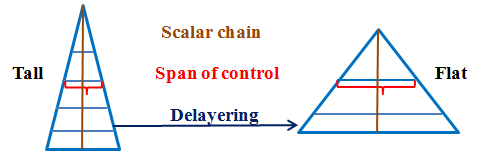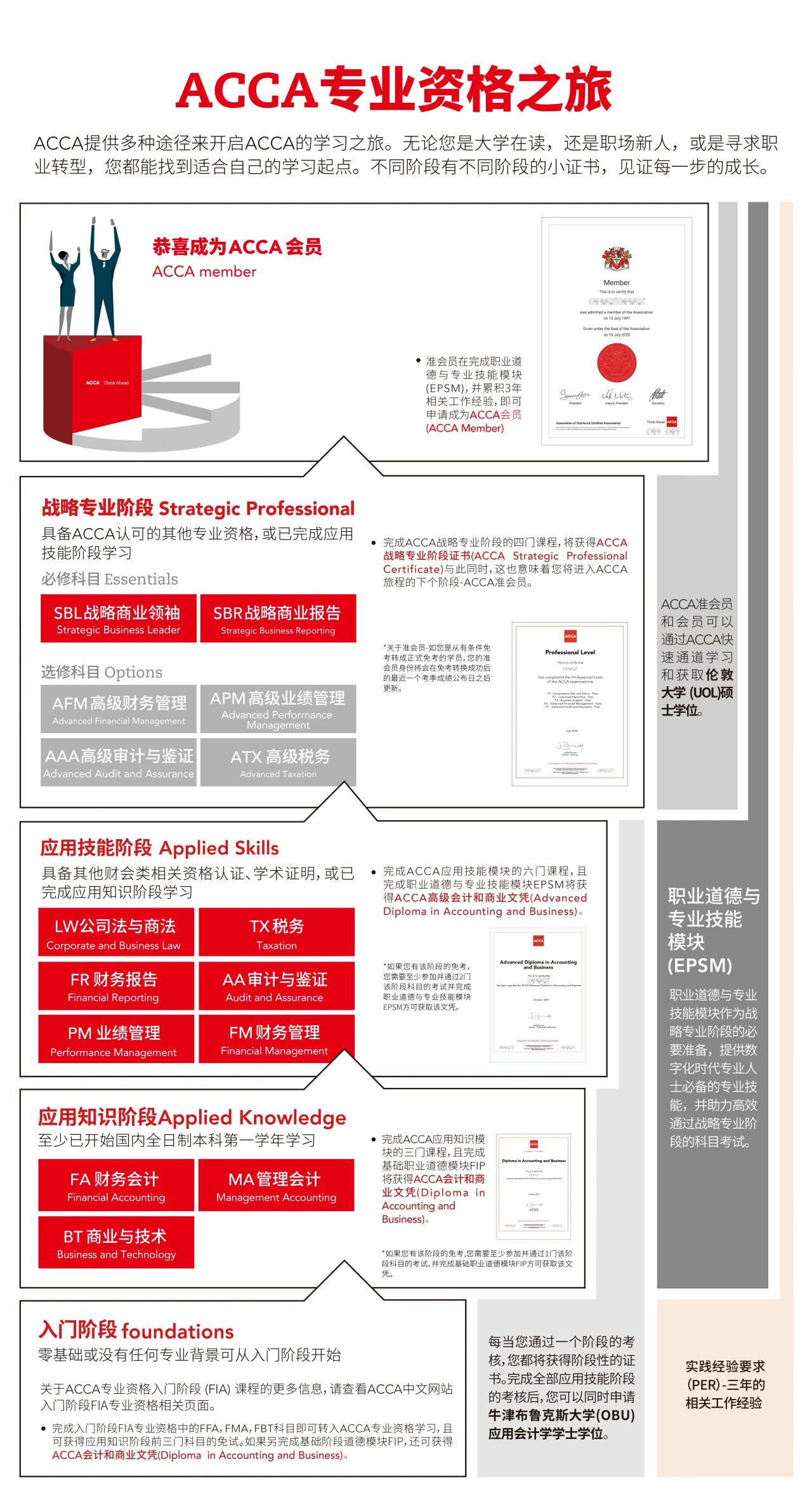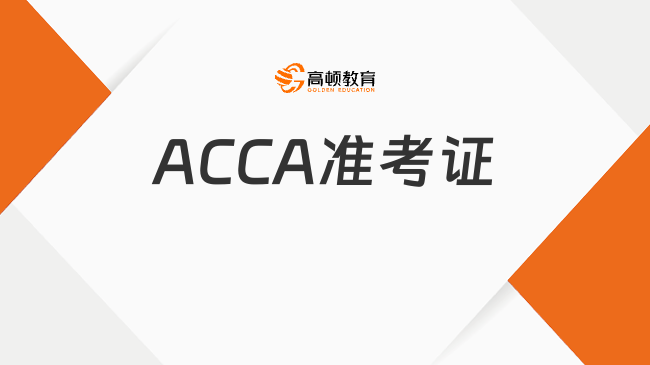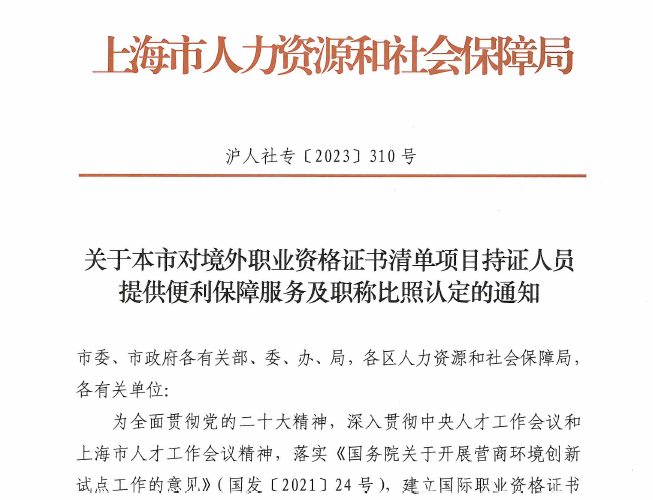HELLO,筒子们,今天我们ACCA考试科目F1必背定义(Part B)继续走起,这两天文思泉涌,下笔有神,集美貌与才华于一身……额、总之半路松懈是要不得的,听说越努力的人越幸运哦~
直接进入今天的Part B正题吧: 11)Informal organization:非正式组织
An informal organization is loosely structured(结构松散的)flexible(灵活的),and spontaneous(自发的).It exists alongside the formal one.
非正式组织的定义不是我们的考点,但是你要知道它是什么,尤其是它定义中这几个放飞自我的形容词,暗示了它非规范化的特征~ 12)Span of control:控制跨度
(重要!)
It refers to the number of subordinates directly responsible to a superior.
一个superior直接控制的下属的数量,两个重点:
下属的数量,而不是其他的数量;
一定要体现直接控制,如果没有directly responsible的字眼,就要找能体现直接控制的描述,这是定义热门考点,一定要通过习题感受! 13)Scalar chain:权力链条
The chain of command from the most senior to the most junior 14)Delayering&downsizing:去层级和规模缩减
Delayering:Reduction the number of management levels from bottom top.去层级是指去掉某个层级,一般level前会给出层级名称,如middle management level等
downsizing:large numbers of managers and staff have been made redundant(人数的缩减,可能同时发生在各个层级上) 15)Tall and flat organization:
(图形记忆法)
将这几个组织架的概念串连在一起,就是:

Tall organization的scalar chain较长,span of control较窄,而flat organization则相反,通过delayering“去层级”,tall organization可以变成flat organization。” 16)Centralization&decentralization
A centralized organization is one in which authority is centralized in one place.(权力集中在组织上层)
Decentralization therefore implies increased delegation,empowerment and autonomy at lower levels of the organization.
关于分权与集权,考试会考得比较活,可能和其他组织架构或管理方式相结合,这要求我们真正理解二者的含义;
分权与集权其实就是企业管理权限的分配方式,权力到底集中在哪些人手中,通过下属的参与度可以帮助判断。 17)Outsourcing&offshoring(外包&离岸)
Outsourcing:contracting out of specified operations or service to
an external vendor.(通过合同的方式将某部分业务外包出去,外包的分类可能对应不同的组织类型,在学习组织架构的新型组织时要学会联想)
Offshoring:sending work overseas 18)Culture:
Hofstede:Culture is the collective programming of the mind which distinguishes the members of one category of people from another.
可以将一类人和他人区分开的思想的聚集(意识形态)
Edgar Schein:Culture is the set of shared,taken for granted assumptions that a group holds and that determines how it perceives,think about and react to the environment.
一个团体内部可以分享的、视之为理所当然的,决定人们思想和行为的假设(Three levels concerning culture文化的3个层次就是这个人提的) 从组织的角度:
Mullins:the collection of traditions,values,policies,beliefs,and attitudes.
Schwartz&Davies:a pattern of beliefs and expectations shared by the organization’s members.
Handy and Edgar Schein:the way we do things around here
文化这一部不是要把每一个定义都背下来,但是题目中出现了定义和提出人,我们要会进行匹配 19)Corporate governance:
Corporate governance is the system by which organization are directed and controlled by senior officers.
由高层实施的来管理和控制公司的体系,题目可能给出定义描述进行选择 20)NED:
Non-executive directors are not employees of the company,(NED有一定独立性和胜任能力的要求,独立性使得他一般不是公司的员工)but they do take part in decision making at board meetings.(NED的存在是公司治理的重要环节,因为NED参与决策的制定而进一步保障了公司的经营者没有只顾自己的、或眼前的利益)They do not take part in day-to-day running of the company.(非执行董事的“非执行”就意味着他们不参与公司运营和决策的具体实施)
这些定义背下来,我们离学霸又进一步啦~


 QQ登录
QQ登录 微博登录
微博登录 微信登录
微信登录


























